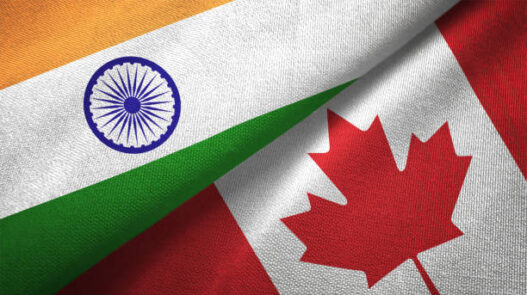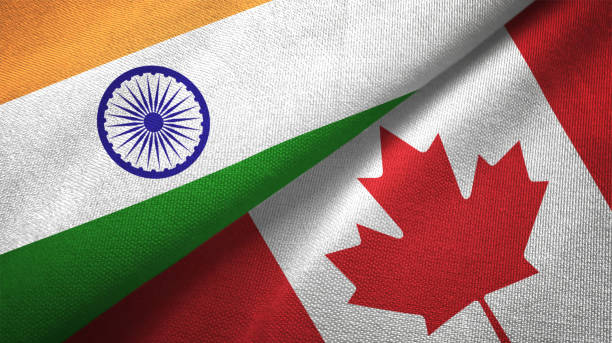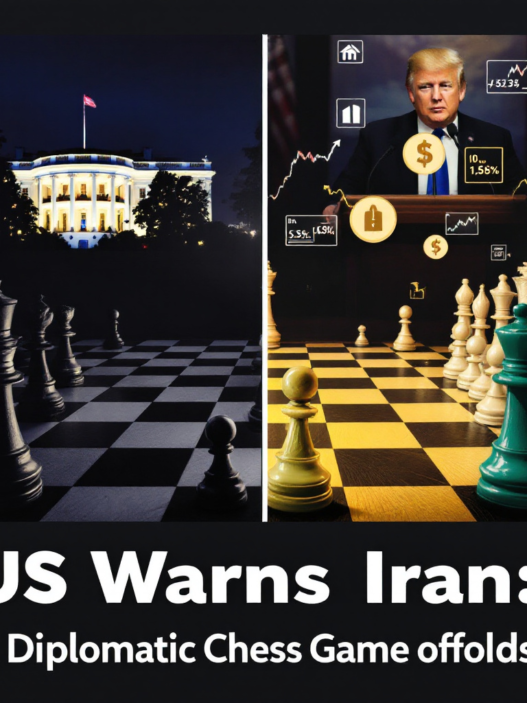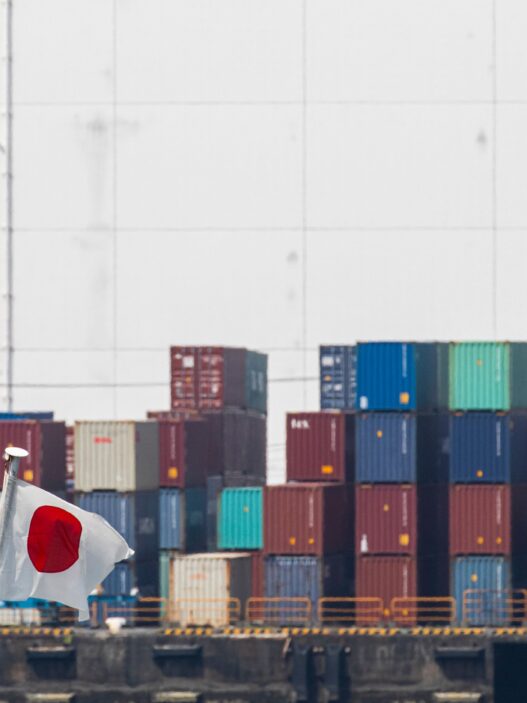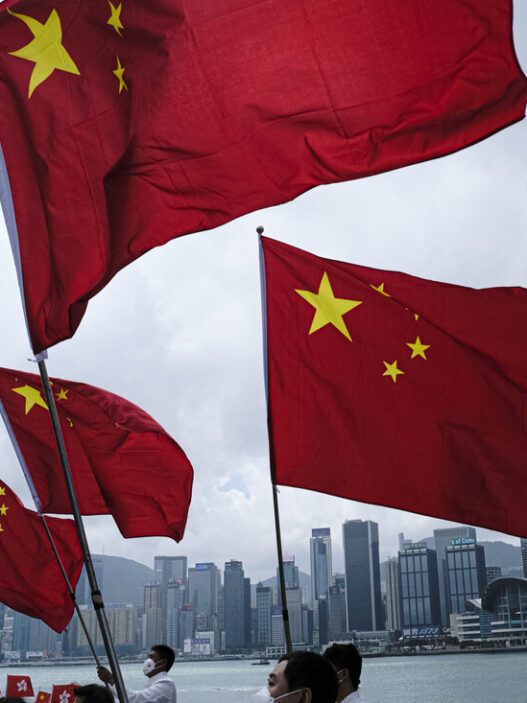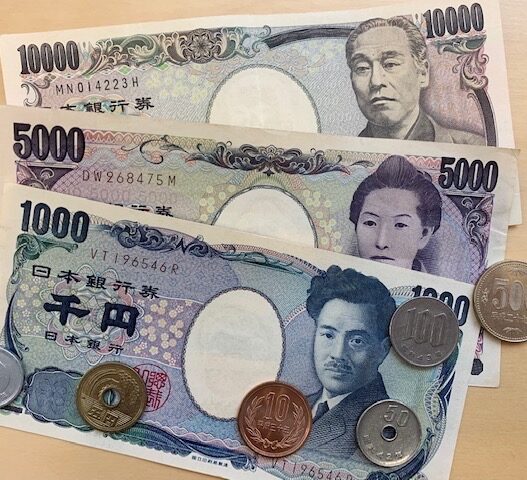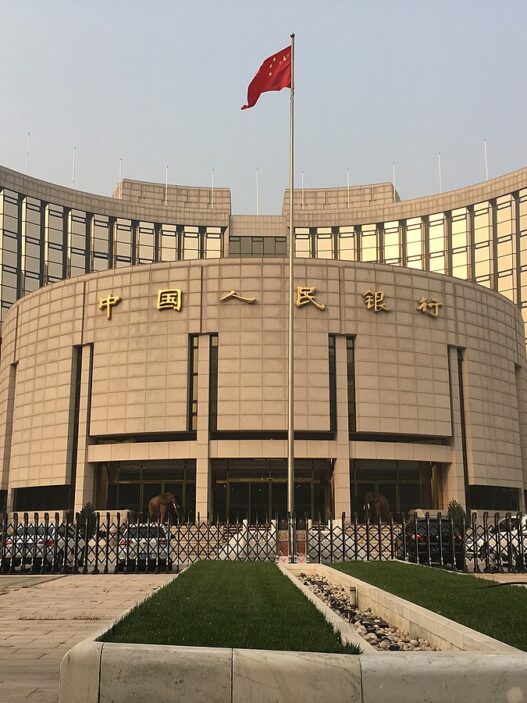The Unfolding Drama: Accusations and Expulsions
Powered by MasterCFA.com
In a startling turn of events, the relationship between India and Canada has taken a dramatic downturn. Canadian Prime Minister Justin Trudeau has leveled serious accusations against India, claiming the use of diplomats and organized crime to target Canadians.
This comes in the wake of an investigation into the killing of Khalistani extremist Hardeep Singh Nijjar on Canadian soil.
Why This Diplomatic Rift Matters
Economic Ripples Across Borders
This diplomatic crisis has the potential to send shockwaves through both nations’ economies. Trade relations, which have been steadily growing between India and Canada, now face uncertainty.
The possibility of economic sanctions or trade restrictions looms large, potentially affecting industries ranging from agriculture to technology.
Businesses and Families in the Crossfire
The impact of this dispute extends beyond government offices. Indian businesses operating in Canada and vice versa may face increased scrutiny or operational challenges.
Moreover, families with ties to both countries could experience difficulties in travel, immigration processes, or even in maintaining cross-border relationships.
Economic Theories at Play
Game Theory in International Relations
This situation exemplifies game theory in action. Both countries are engaged in a complex decision-making process, where each move is calculated based on the anticipated response of the other party.
The expulsion of diplomats and public accusations are strategic moves in this high-stakes game of international diplomacy.
The Gravity Model of International Trade
The gravity model suggests that trade between two countries is proportional to their economic sizes and inversely proportional to the distance between them.
This diplomatic row could test the resilience of this model, potentially leading to a deviation from expected trade patterns between India and Canada.
Real-World Application of Theories
Historically, diplomatic tensions have often led to economic consequences. For instance, the U.S.-China trade war initiated in 2018 resulted in increased tariffs and reduced trade volumes, affecting global supply chains.
In this case, we might see similar effects on Indo-Canadian trade relations, with potential spillover effects on sectors like education, where Canada is a popular destination for Indian students.
What Could Unfold Next?
- Escalation of diplomatic measures, potentially leading to further expulsions or recall of ambassadors.
- Economic repercussions, such as trade restrictions or reconsideration of bilateral agreements.
- Increased international mediation efforts to de-escalate the situation.
- Potential impact on regional geopolitics, especially concerning the Indo-Pacific strategy.
The Importance of Staying Informed
Understanding these international dynamics is crucial for anyone involved in global finance or investments. This situation demonstrates how geopolitical events can rapidly alter economic landscapes. For investors, it underscores the importance of diversification and the need to factor in political risk when making investment decisions.
Moreover, this case study provides valuable insights into how diplomatic relations can influence market sentiments, currency valuations, and sector-specific impacts. Being aware of these interconnections can help in making more informed financial decisions and in anticipating market trends.
Questions to Ponder
- How might this diplomatic tension affect the valuation of companies with significant operations in both India and Canada?
- What potential opportunities or risks does this situation present for currency traders dealing with the Indian Rupee and Canadian Dollar?
- How could this dispute impact the global perception of both countries as investment destinations?
- In what ways might other countries, particularly those with strong ties to both India and Canada, be affected by this situation?
- How can investors protect their portfolios against such unexpected geopolitical risks?
Keep Learning with MasterCFA: Staying informed about international relations and their economic impacts is essential for any budding analyst. Dive deeper into these topics to enhance your understanding and prepare for the CFA Exam. Explore more insightful articles and resources with MasterCFA to stay ahead in your finance career.




